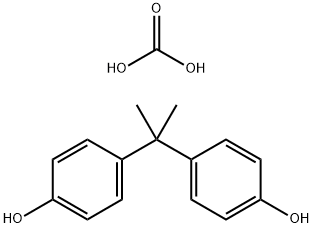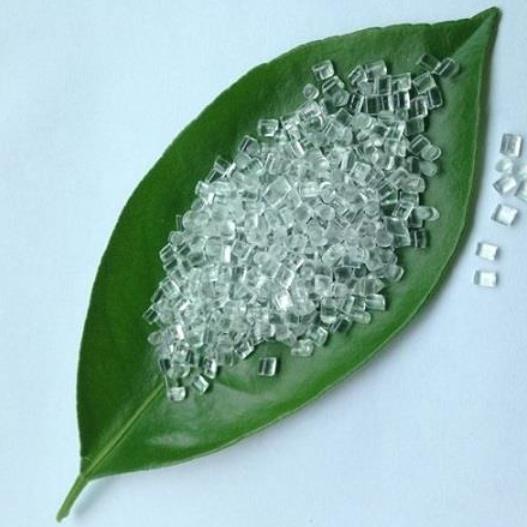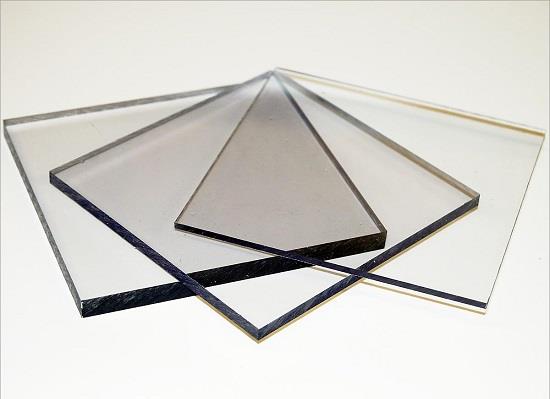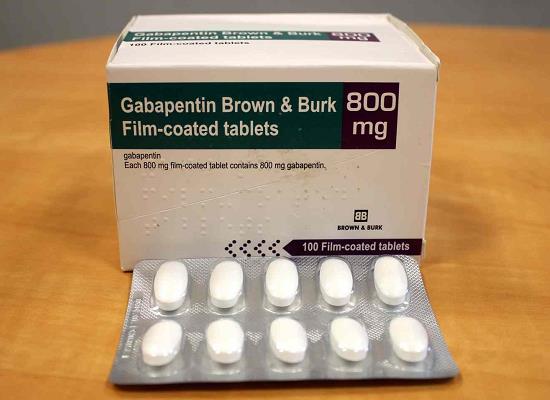Polycarbonate: Eco-Friendly Material with Exceptional Properties for Various Applications
General Description
Polycarbonate is a highly versatile and eco-friendly material with exceptional properties. Its toughness, high impact strength, transparency, lightweight nature, UV protection, optical quality, chemical resistance, and heat resistance make it ideal for various applications. Polycarbonate is commonly used in the medical industry for hemodialysis membranes and denture bases due to its durability and biocompatibility. It is also widely utilized in the automotive industry for manufacturing headlights and other parts, as well as in electronic devices for protective covers. Polycarbonate is considered safe for food and beverage containers, with low potential exposure to bisphenol A (BPA). It is 100% recyclable and ongoing research aims to develop more sustainable recycling processes.
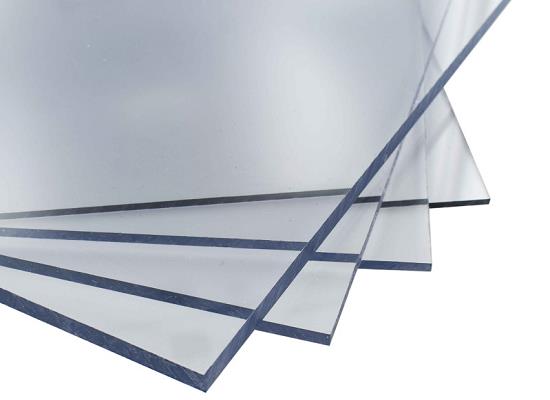
Figure 1. Polycarbonate
Exceptional Properties
Polycarbonate is a highly versatile material widely used in various industries due to its exceptional properties. Polycarbonate is known for its eco-friendly processing and recyclability, making it a preferred choice. It offers a unique combination of chemical and physical characteristics that sets it apart from other materials such as glass, PMMA, and PE. One of the key properties of Polycarbonate is its toughness, maintaining its strength between -20°C to 140°C, making it virtually unbreakable. Additionally, it has high impact strength, providing safety and reliability in applications that require durability. With a density of 1.2 – 1.22, Polycarbonate is lightweight, enabling easier installation and reducing transportation costs compared to glass. Polycarbonate is also highly transparent, transmitting over 90% of light, similar to glass. It is available in various shades and can be customized to meet specific application requirements. Moreover, Polycarbonate offers protection against harmful UV rays, ensuring 100% UV blockage. The optical nature of Polycarbonate is excellent due to its amorphous structure, with a refractive index of 1.584. It exhibits good resistance to diluted acids, aliphatic hydrocarbons, and alcohols, while showing moderate resistance to oils and greases. However, it is sensitive to diluted alkalis, aromatic, and halogenated hydrocarbons. Manufacturers recommend using cleaning agents that do not affect its chemical nature, as it is susceptible to abrasive alkaline cleaners. Furthermore, Polycarbonate demonstrates high heat resistance, remaining thermally stable up to 135°C. Additional flame retardants can be added to enhance its heat resistance without compromising its material properties. In summary, polycarbonate's properties make it an ideal choice in various applications where toughness, high impact strength, transparency, lightweight, UV protection, optical quality, chemical resistance, and heat resistance are required. 1
Versatile Applications
Polycarbonates are a type of thermoplastic polymer that are commonly used in various applications due to their unique properties. They are known for being easily molded, worked, and thermoformed, making them highly versatile. One of the main applications of polycarbonates is in the production of hemodialysis membranes. These membranes are used in the medical industry to filter blood during the dialysis process. Polycarbonate's ability to withstand high temperatures and its biocompatibility make it an ideal material for this use. Another application of polycarbonates is as a denture base. This material has been found to be more durable and resistant to wear than traditional denture bases. Its flexibility also allows for a more comfortable fit, which is crucial for denture wearers. In addition to these applications, polycarbonates are also used in the automotive industry for manufacturing headlights, taillights, and other parts due to their impact resistance and durability. They can also be found in electronic devices, such as laptops, phones, and cameras, as protective covers due to their transparency and scratch resistance. Overall, polycarbonates are a versatile and reliable synthetic polymer that have found their way into a wide range of industries and applications. 2
Safety and Recycling
Polycarbonate plastic is considered safe for use in various food and beverage containers, such as baby bottles, water bottles, and sippy cups. While there have been concerns about the use of bisphenol A (BPA) in Polycarbonate, research and government agencies worldwide have studied its safety. Studies have indicated that the potential human exposure to BPA from Polycarbonate products in contact with food and beverages is low, and they do not pose any known risk to human health. Regulatory authorities like the US FDA, European Commission's Scientific Committee on Food, and UK Food Standards Agency have recognized the safe use of Polycarbonate for food contact applications. However, to address the concerns, manufacturers have also developed "BPA-free" polycarbonate products. These alternatives aim to eliminate the potential risks associated with BPA. In terms of recycling, Polycarbonate is 100% recyclable and can be identified by the recycling code "7". Chemical recycling is one method used, where scrapped Polycarbonate is reacted with phenol to produce purified monomers for further polymerization. Researchers are also exploring new processes to recycle polycarbonates into other types of plastics that do not release BPA into the environment when used or disposed of in landfills. 3
Reference
1. Comprehensive Guide on Polycarbonate (PC). Omnexus, The material selection platform.
2. PubChem Compound Summary for Polycarbonate. National Center for Biotechnology Information. 2023, Retrieved December 14, 2023 from https://pubchem.ncbi.nlm.nih.gov/compound/Polycarbonate.
3. Steve H. Polycarbonate Safety in Medical Applications: Bisphenol A & Recent Findings. Plasticsnews, 2014.
Related articles And Qustion
Lastest Price from Polycarbonate manufacturers
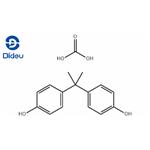
US $0.00-0.00/KG2025-11-18
- CAS:
- 25037-45-0
- Min. Order:
- 1KG
- Purity:
- 98
- Supply Ability:
- 10000KGS
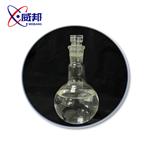
US $10.00/KG2025-04-21
- CAS:
- 25037-45-0
- Min. Order:
- 1KG
- Purity:
- 99%
- Supply Ability:
- 10 mt
